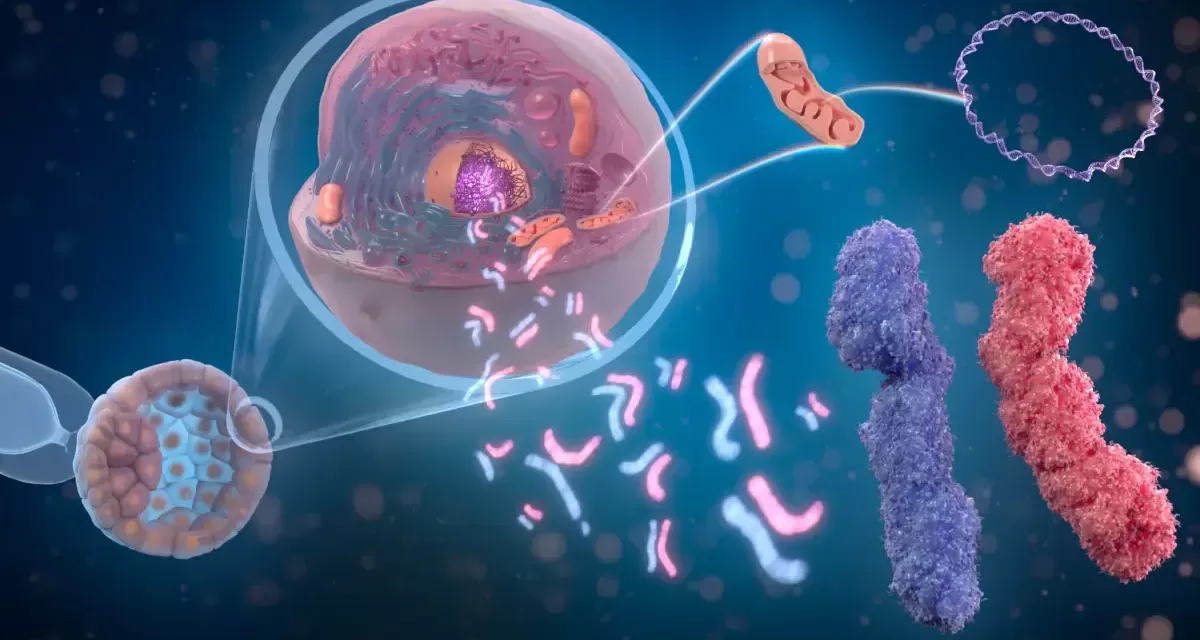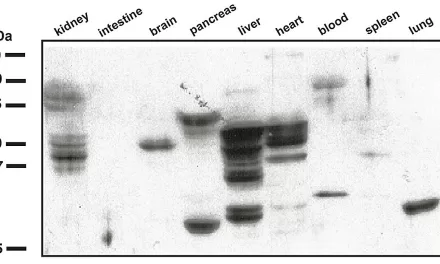A groundbreaking study published in Nature reveals how subtle genetic changes can lead to debilitating diseases, offering new insights into the molecular mechanisms behind heritable conditions. Researchers found that many disease-causing mutations destabilize proteins, leading to their malfunction, degradation, or harmful accumulation in cells.
The research team, led by scientists from the Center for Genomic Regulation (CRG) in Barcelona and BGI in Shenzhen, examined 621 well-documented disease-causing mutations. They discovered that 61% of these mutations caused significant reductions in protein stability. This instability often results in proteins misfolding or clumping together, disrupting cellular processes and driving disease development.
Key Findings: Protein Instability as a Disease Driver
The study highlighted how protein instability contributes to various conditions, including:
- Heritable Cataracts: The researchers found that 72% of mutations in crystallin proteins—crucial for maintaining lens clarity in the human eye—caused destabilization, leading to protein clumping and the formation of cloudy regions in the lens.
- Neurological and Muscle Disorders: Mutations destabilizing proteins were linked to rare diseases like reducing body myopathy (a muscle-wasting condition) and AEC syndrome (a developmental disorder).
However, not all mutations destabilize proteins. For example, mutations in the MECP2 gene—linked to Rett Syndrome, a severe neurological disorder—do not reduce protein stability. Instead, they disrupt how the protein binds to DNA, altering gene regulation and impairing brain development.
Recessive vs. Dominant Disorders
The study uncovered distinct patterns in how mutations lead to disease based on inheritance type:
- Recessive Disorders: Mutations typically destabilize proteins, rendering them nonfunctional. For instance, a recessive mutation in the CRX protein destabilizes it, leading to heritable retinal dystrophies.
- Dominant Disorders: These mutations often leave proteins stable but impair their interactions with DNA or other molecules, causing functional disruptions.
Human Domainome 1: A Breakthrough Resource
The research was made possible by the creation of Human Domainome 1, a vast library cataloging over half a million mutations across 522 human protein domains. Protein domains are specialized regions responsible for specific functions. By systematically altering amino acids in these domains, the researchers built the largest database of human protein variants to date.
Using yeast cells to test the effects of mutations, they linked protein stability to cell growth. Stable proteins allowed yeast to thrive, while unstable proteins led to poor growth. This innovative approach provided unprecedented insights into mutation impacts.
Towards Precision Medicine
The findings could transform personalized medicine. “By distinguishing whether a mutation destabilizes a protein or alters its function without affecting stability, we can tailor more precise treatment strategies,” explained Dr. Antoni Beltran, lead author of the study.
For example, stabilizing drugs could address conditions caused by protein instability, while therapies targeting protein-DNA interactions could help manage dominant disorders like Rett Syndrome.
Future Directions
Despite its vast scope, Human Domainome 1 covers just 2.5% of known human proteins. Expanding the catalog to include full-length proteins and more domains will enhance understanding of mutation effects in natural cellular environments.
“Ultimately, we aim to map the effects of every possible mutation on every human protein,” said ICREA Research Professor Ben Lehner, senior author of the study. “It’s an ambitious goal, but one with the potential to revolutionize precision medicine.”
Reference
Lehner, B., Site saturation mutagenesis of 500 human protein domains, Nature (2025). DOI: 10.1038/s41586-024-08370-4.












